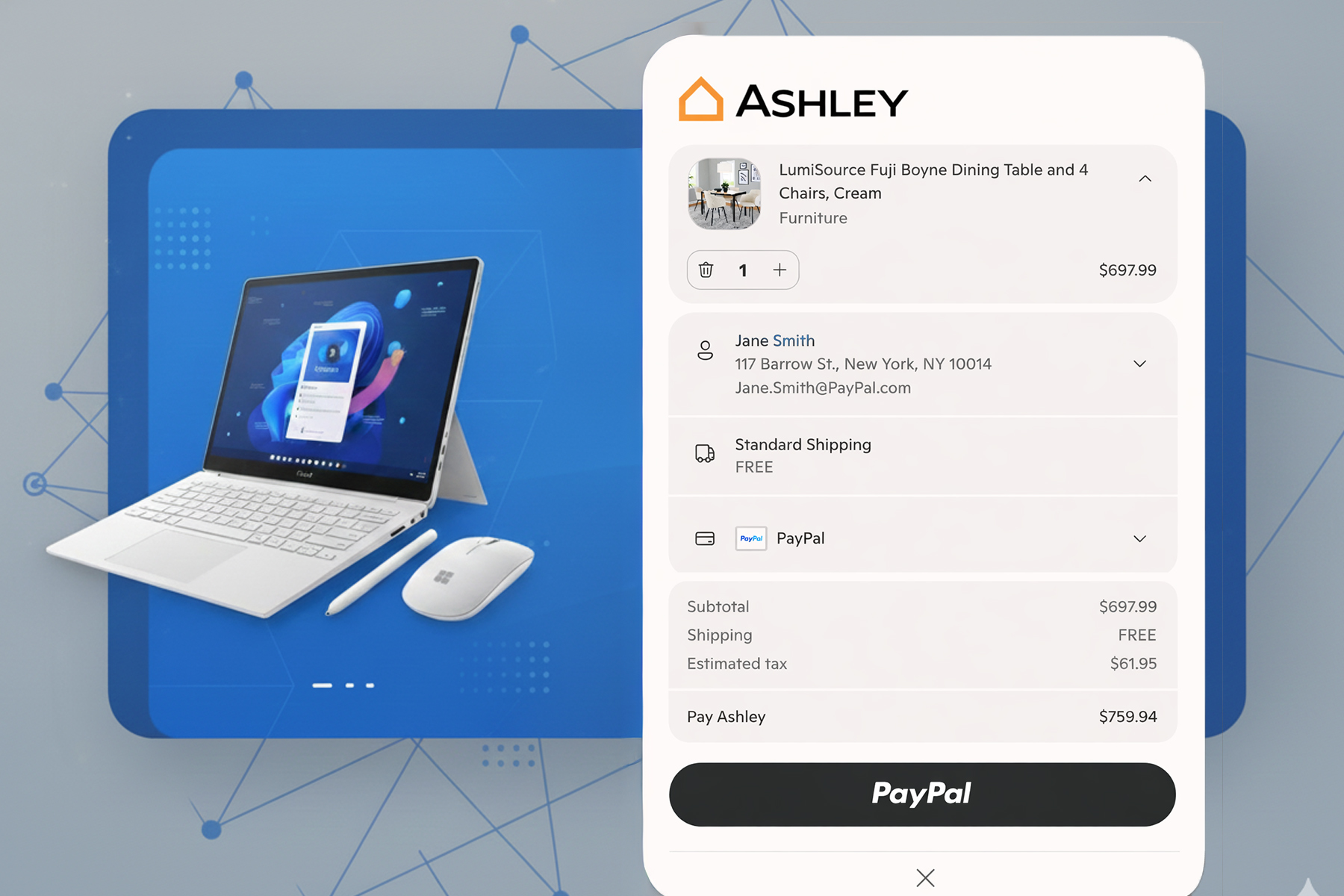Advancements and Hurdles in China’s Tech Realm
Brief Overview
- China is set on bridging the technological divide with the US via innovation and bold strategies.
- AI startups within China exhibit rising assurance and capital influx, marked by impressive market entrances.
- The complex field of chip production poses a crucial obstacle for China’s tech sector.
- Chinese AI companies are creating breakthroughs with limited assets, concentrating on algorithm-hardware integration.
- Emerging Chinese business leaders are pursuing high-risk opportunities, a movement bolstered by governmental backing.
Momentum in China’s AI Industry
The AI sector in China is experiencing a notable increase in activity and funding, with companies like MiniMax and Zhipu AI achieving significant launches on the Hong Kong Stock Exchange. This signifies a rising trust in China’s capability to innovate and rival American technology.

Obstacles in Chip Production
In spite of progress, China’s technological sector confronts challenges, especially in the area of chip manufacturing. The shortage of cutting-edge equipment, like lithography machines, is a major impediment. Although a prototype for an extreme-ultraviolet lithography machine has been crafted, its actual deployment remains doubtful.
Investment Inequalities
Chinese technology leaders recognize that the US maintains a considerable advantage in computing infrastructure, attributed to substantial investments. This disparity poses obstacles for Chinese firms, who must strive for innovation using limited resources, frequently through inventive alternatives like algorithm-hardware integration.
Entrepreneurial Drive and Creativity
The eagerness of Chinese businesspeople to undertake high-risk projects is a promising development, cultivating an atmosphere conducive to innovation. This entrepreneurial drive, historically characterized in Silicon Valley, is increasingly surfacing in China, aided by government measures aimed at fostering technological advancement.
Conclusion
China is making significant progress in reducing its technological distance from the US, propelled by bold initiatives and innovation within the AI landscape. Nonetheless, challenges such as insufficient chip manufacturing capabilities and investment imbalances persist. The entrepreneurial zeal of Chinese innovators, with government support, is essential for tackling these challenges.
Q: What are the key factors fueling China’s technology progress?
A: The main influences driving China’s recent technological progress include innovation, risk-taking, and government assistance.
Q: What obstacles does China face within its technology landscape?
A: The significant challenges consist of a lack of advanced chip manufacturing equipment and considerable gaps in investment compared to the US.
Q: In what ways is China dealing with its chip production hurdles?
A: China is working on prototypes for advanced manufacturing technologies, like extreme-ultraviolet lithography machines, but faces setbacks in implementing them operationally.
Q: What importance do Chinese entrepreneurs hold in the sphere of technological innovation?
A: Chinese entrepreneurs are increasingly turning to high-risk endeavors, which is nurturing a creative environment akin to that of Silicon Valley.
Q: How does the technological infrastructure in the US measure up against that of China?
A: The US possesses a significant advantage in technological infrastructure due to substantial investments, giving it a considerable edge over China.
Q: What innovative techniques are Chinese AI companies implementing?
A: Chinese AI firms are concentrating on algorithm-hardware integration to manage extensive models on smaller, cost-efficient devices.
Q: In what manner is the Chinese government endorsing technological innovation?
A: The government is expediting AI and chip listings while establishing a supportive framework for entrepreneurs to engage in innovative projects.











